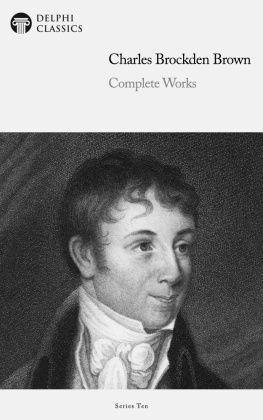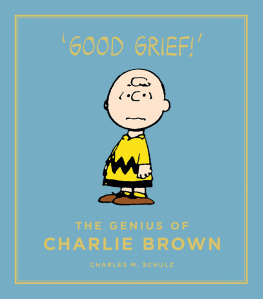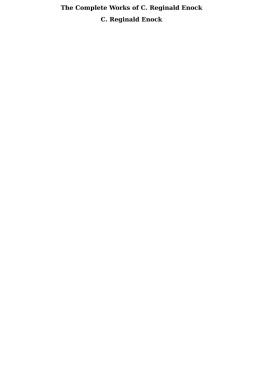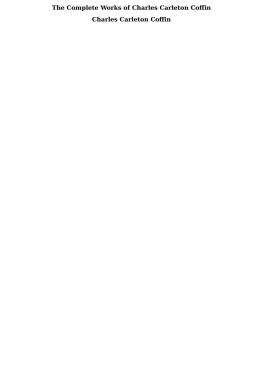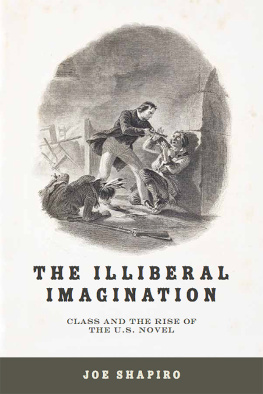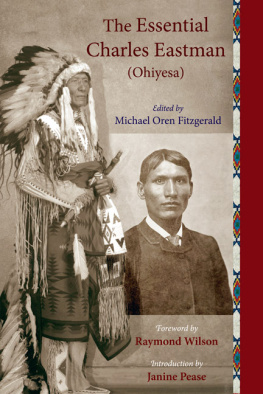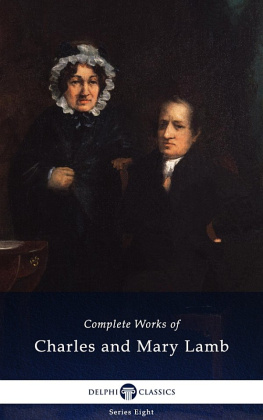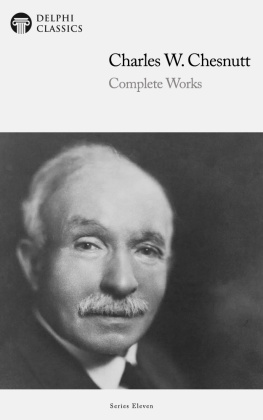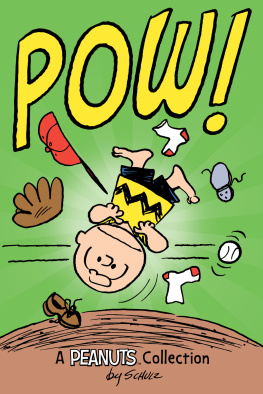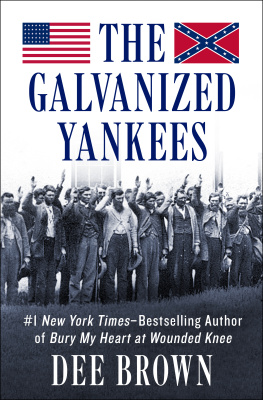
The Complete Works of
CHARLES BROCKDEN BROWN
(1771-1810)

Contents

Delphi Classics 2020
Version 1


Browse our Main Series

Browse our Ancient Classics

Browse our Poets

Browse our Art eBooks

Browse our Classical Music series

The Complete Works of
CHARLES BROCKDEN BROWN

By Delphi Classics, 2020
COPYRIGHT
Complete Works of Charles Brockden Brown

First published in the United Kingdom in 2020 by Delphi Classics.
Delphi Classics, 2020.
All rights reserved. No part of this publication may be reproduced, stored in a retrieval system, or transmitted, in any form or by any means, without the prior permission in writing of the publisher, nor be otherwise circulated in any form other than that in which it is published.
ISBN: 978 1 91348 708 9
Delphi Classics
is an imprint of
Delphi Publishing Ltd
Hastings, East Sussex
United Kingdom
Contact: sales@delphiclassics.com

www.delphiclassics.com
Parts Edition Now Available!

Love reading Charles Brockden Brown ?
Did you know you can now purchase the Delphi Classics Parts Edition of this author and enjoy all the novels, plays, non-fiction books and other works as individual eBooks? Now, you can select and read individual novels etc. and know precisely where you are in an eBook. You will also be able to manage space better on your eReading devices.

The Parts Edition is only available direct from the Delphi Classics website.
For more information about this exciting new format and to try free Parts Edition downloads , please visit this link .
The Novels

Philadelphia, Pennsylvania Browns birthplace

Philadelphia, 1776
Wieland (1798)

OR, THE TRANSFORMATION
AN AMERICAN TALE
Charles Brockden Brown, the most celebrated American novelist of the Early National period, was born on 17 January 1771 in a Philadelphia Quaker merchant family. His father Elijah Brown had a dubious career as a land-conveyancer or agent in real estate transactions. Brown became a reluctant partner of the short-lived family re-export firm, James Brown & Co., founded by his two elder brothers. The familys mercantile background and experiences in global trade and the many trade conflicts of the Revolutionary era would have a lasting influence on Browns novels. He often explores issues connected to the periods culture of commerce, charting the development from eighteenth century civic republicanism to nineteenth century laissez-faire liberalism and capitalism.
Brown initially trained to be a lawyer, under his familys strong encouragement. After six years spent at a law office in Philadelphia, he ended his studies in 1793. He became part of a group of young, New York-based intellectuals, who helped launch his literary career. The New York group included a number of young male professionals that called themselves the Friendly Club, featuring such well-known figures as Dr. Elihu Hubbard Smith, Browns closest friend during this period, and William Dunlap.
During the 1790s, Brown developed his literary ambitions in projects that often remained incomplete, as demonstrated by the Henrietta Letters, transcribed in Clarks celebrated biography. He frequently used his correspondence with friends as a laboratory for narrative experiments. From 1798, however, his formative years gave way to a period of productive novel-writing, when Brown published his best known work. These novels and the rest of Browns career were informed by the progressive ideas he used and developed from the periods British radical-democratic writers, most notably the works of Mary Wollstonecraft, William Godwin, Thomas Holcroft and Robert Bage. In turn, Brown exerted an influence on other leading writers of his age, including Percy Bysshe Shelley and Mary Shelley, who re-read Browns novels as she worked upon Frankenstein .
Browns first novel, Wieland: or, The Transformation: An American Tale , was released in 1798 and is often dubbed the first American Gothic novel. Set at some point of time between the French and Indian War and the American Revolutionary War (1754-83), the narrative details the terrible events that befall Clara Wieland and her brother Theodores family. Clara and Theodores father was a German immigrant, who founded his own religion. He had come to America just before the American Revolution to spread his religion to the indigenous people. After failing at this task, he believes he has also failed his deity. One night, while worshiping in his secluded temple, he appears to have spontaneously combusted, after which his health rapidly deteriorates and he dies. His children inherit his property, which is divided equally between them. Theodore marries their childhood friend, Catharine Pleyel, and they have four children.
However, it is not long until Theodore starts to hear voices and Catharines brother, Henry Pleyel, also hears them. Though at first doubtful of the voices that the men claim to hear, Clara also senses a strange presence. Then a mysterious stranger Carwin appears, who suggests that the voices may be caused by human mimicry. Carwin soon changes his mind when he becomes convinced that the house is held under the power of a supernatural presence
Next page
